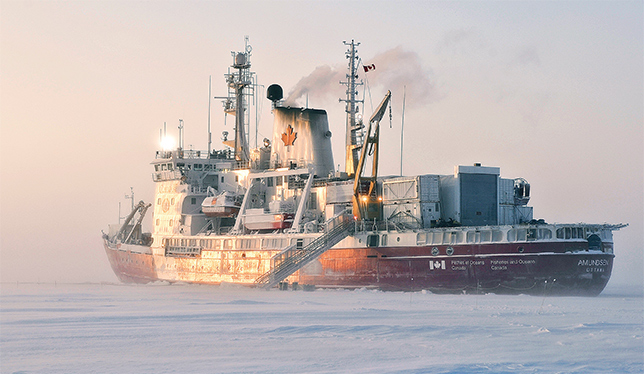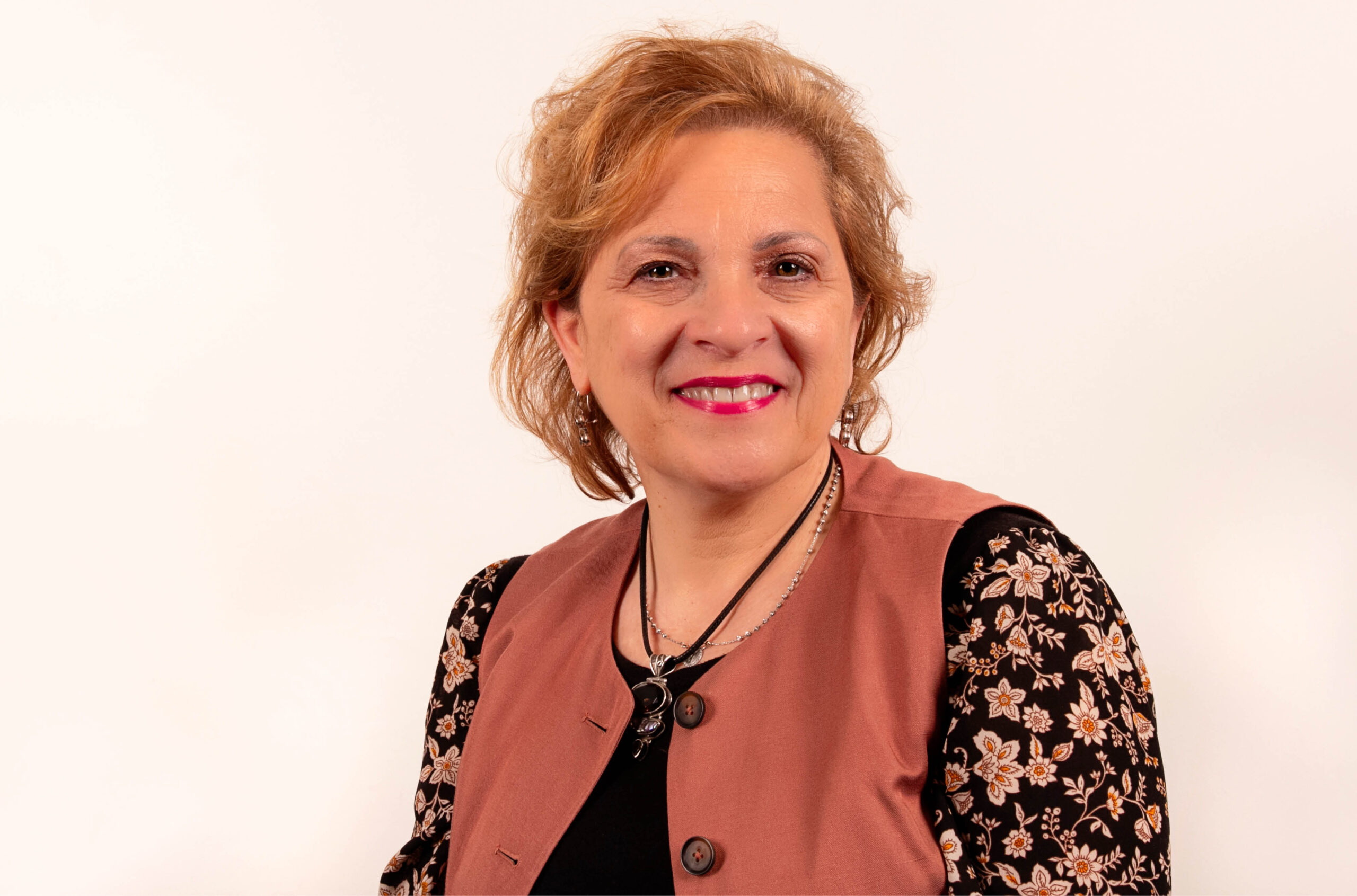Canada Foundation for Innovation awards $18 million to Amundsen
CFI aims to secure ongoing operation and maintenance funds for research facilities including Canada’s only research icebreaker.

Laval University has received more than $18 million for the research icebreaker CCGS Amundsen in the latest round of funding from the Canada Foundation for Innovation’s Major Science Initiatives Fund.
Over the next five years, the funding will mainly be used to maintain and deploy the coast guard ship’s scientific equipment and to pay the specialised engineers who operate the Arctic research vessel, says Louis Fortier, the Amundsen’s scientific director. But the money will also be used to subsidize some scientific projects that need a little extra cash.

“If a project has enough money for, say, 20 days at sea, but needs more, we can help increase that,” he says.
In 2017, two major projects will be supported in part by the CFI money, says Dr. Fortier. BaySys, a joint project with Manitoba Hydro and the University of Manitoba, will study the relative impact of climate change and hydroelectric development on the circulation and sea ice regime of Hudson Bay. And public health researchers with the Nunavik Inuit Health Survey will use the vessel to visit 14 remote Inuit communities on the shoreline of northern Quebec to assess the residents’ mental and physical health as part of an ongoing longitudinal study. In 2018, the CFI funding will help support a major international collaboration that will include a circumnavigation of Greenland to study the geology and geophysics of the region, as well as the progression of fish stocks northwards in response to climate change.
The Amundsen was one of 17 national research facilities to be awarded operating funds in this round of the Major Science Initiatives Fund, including the Canadian Light Source in Saskatoon and the Nobel-winning SNOLAB in Sudbury. Gilles Patry, president of CFI, says the funding agency will ask the government to provide it with ongoing operations and maintenance funding so that it can ensure the stability of important facilities like the Amundsen.
“Arctic research in particular is very expensive,” he says. “We want to help secure sufficient days at sea for all disciplines.”
Featured Jobs
- Canada Excellence Research Chair in Computational Social Science, AI, and Democracy (Associate or Full Professor)McGill University
- Psychology - Assistant Professor (Speech-Language Pathology)University of Victoria
- Education - (2) Assistant or Associate Professors, Teaching Scholars (Educational Leadership)Western University
- Veterinary Medicine - Faculty Position (Large Animal Internal Medicine) University of Saskatchewan
- Business – Lecturer or Assistant Professor, 2-year term (Strategic Management) McMaster University











Post a comment
University Affairs moderates all comments according to the following guidelines. If approved, comments generally appear within one business day. We may republish particularly insightful remarks in our print edition or elsewhere.